China's WWII parade aims to challenge ROC's role in victory: Scholars
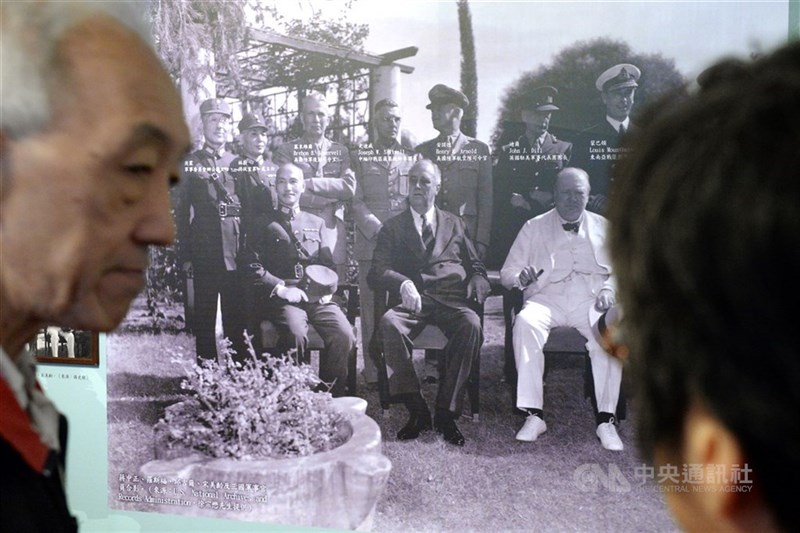
Taipei, Sept. 1 (CNA) Beijing's planned military parade to mark the 80th anniversary of the end of World War II and the Second Sino-Japanese War is designed to contest the Republic of China's (ROC, Taiwan) claim to credit for the victory, Taiwanese scholars said Monday.
Speaking at a seminar in Taipei, Kuo Yu-jen (郭育仁), Lin Cheng-yi (林正義) and Lin Ying-yu (林穎佑) said the military parade scheduled for Wednesday in Beijing is part of a series of commemorative events through which the People's Republic of China (PRC) seeks to claim credit for winning WWII and the Second Sino-Japanese War.
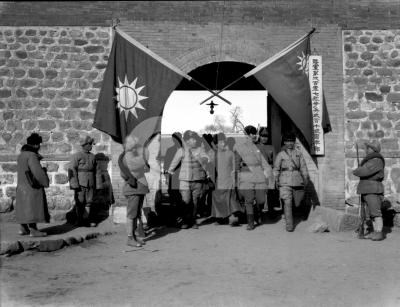
Historically, the Second Sino-Japanese War was fought between the ROC and the Empire of Japan from 1937 to 1945, they said.
The eight-year conflict is widely seen as part of World War II (1939-1945) and is often regarded as the starting point of the war in Asia.
However, the scholars said the PRC government, established in 1949 by the Chinese Communist Party (CCP), four years after the victory, is now trying to claim credit by holding these commemorative events.
In fact, only one general who died during the Second Sino-Japanese War was a member of the CCP, while the other 267 were all generals of the then ruling Kuomintang (KMT), said Lin Cheng-yi, a research fellow at Academia Sinica's Institute of European and American Studies.
The PRC is doing so not only to claim credit for a war in which the CCP played little role, but also as part of ongoing efforts to undermine the legitimacy of the ROC and further divide Taiwanese people along political lines, he said.
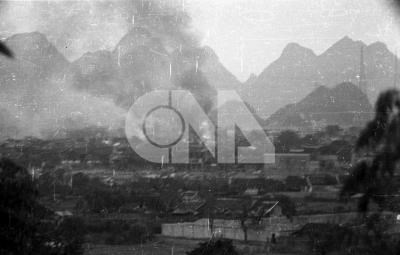
In terms of international politics, the scholars said Chinese President Xi Jinping's (習近平) "Victory Day" parade on Wednesday, to be attended by 26 other heads of state -- including Russian President Vladimir Putin, North Korean leader Kim Jong-un, and Iranian President Masoud Pezeshkian -- underscores the PRC's alignment with authoritarian regimes.
Militarily, Lin Ying-yu, a defense expert at Tamkang University's Graduate Institute of International Affairs and Strategic Studies, said Beijing is expected to showcase its latest weapons systems to demonstrate military prowess to the world and further pressure Taiwan and neighboring countries.
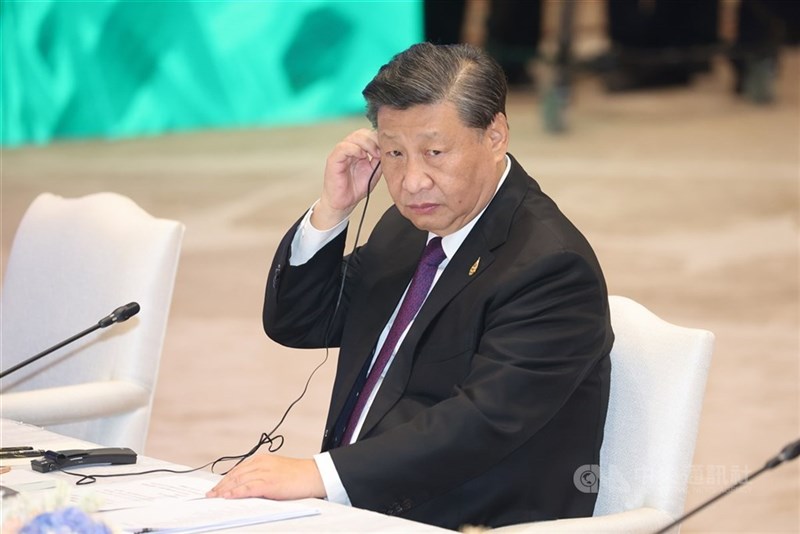
The scholars made the remarks at the seminar to examine the significance of Wednesday's "Victory Day" parade and its potential impact on Taiwan.
Originally based in mainland China, the ROC government, led by KMT leader Chiang Kai-shek (蔣中正), relocated to Taiwan in 1949 after losing the civil war to Mao Zedong's (毛澤東) communist forces. The PRC was established in Beijing later that same year.
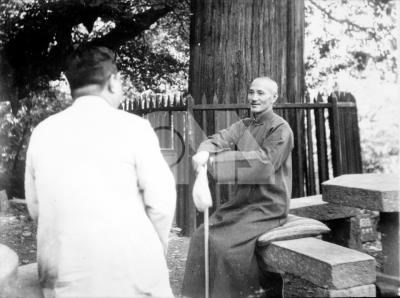
Over the years, Beijing has largely downplayed the role of KMT forces in winning the Second Sino-Japanese War and World War II, while Taiwan maintains that it was the ROC -- not the PRC -- that defended China against Japanese invasion.
In Taipei, Taiwan's military has held and/or will be holding artistic exhibits and a concert among other events to mark the conclusion of the Second Sino-Japanese War and WWII.
-
Society
Highs of 25-30°C and sun forecast for Taiwan Sunday
02/21/2026 07:22 PM -
Science & Tech
Taiwanese experts see model for 'sovereign AI' development in India
02/21/2026 06:18 PM -
Society
Taiwan seeks to regain ASF-free status with WOAH
02/21/2026 05:29 PM -
Politics
After Trump tariff ruling, KMT calls to renegotiate U.S. trade deal
02/21/2026 04:04 PM -
Politics
Impact of Trump's 10% tariff on Taiwan 'limited': Executive Yuan
02/21/2026 03:51 PM